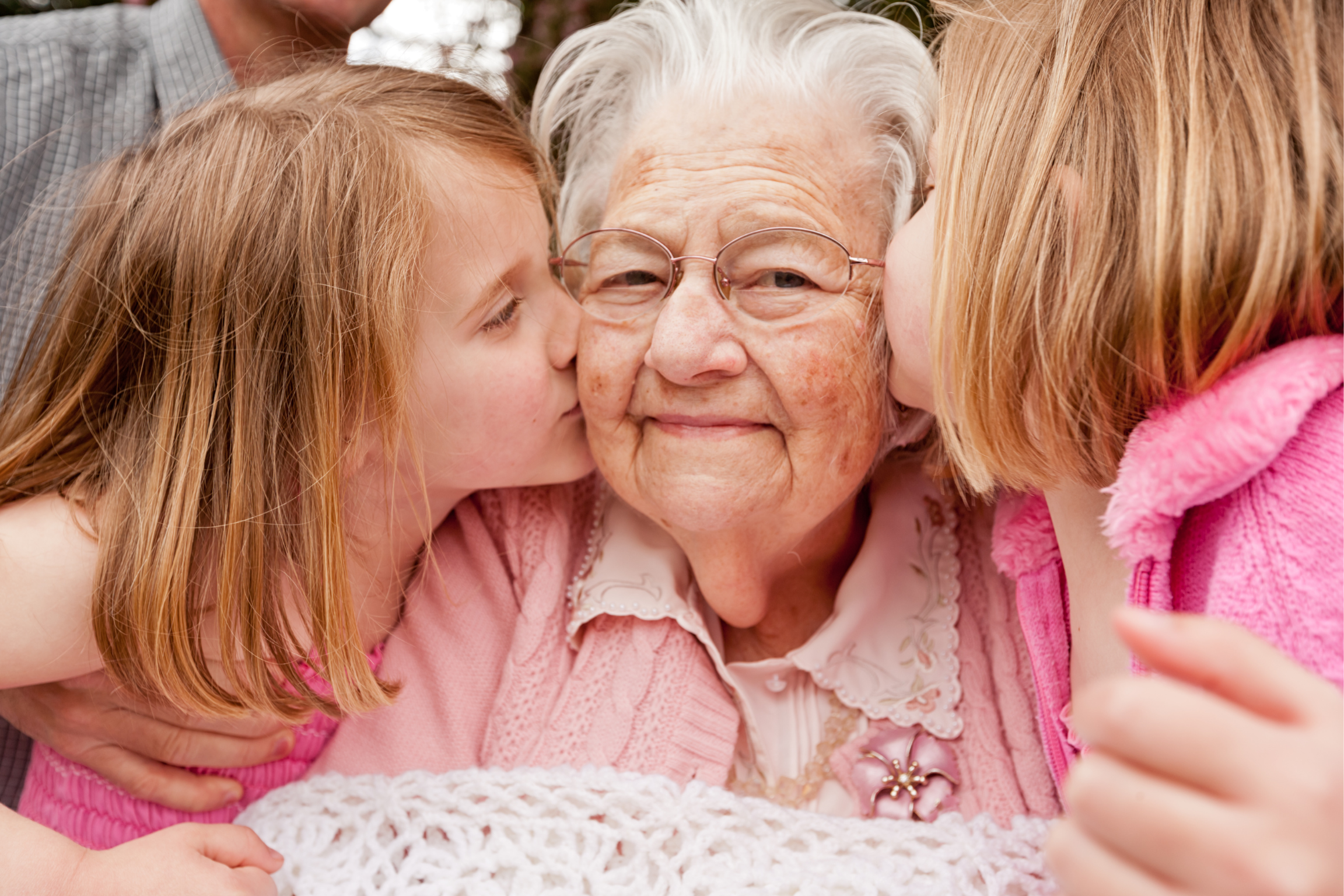
By Tyler Plack
Tyler Plack is the President of South River Mortgage. Tyler holds an active FHA Direct Endorsement (DE) underwriting certification and is the author of The Retirement Solution: Maximizing Your BenefitTyler is a seasoned entrepreneur and real estate investor renowned for his expertise in reverse mortgages and his commitment to addressing seniors' equity challenges. Tyler brings a unique perspective to his ventures, having built several successful companies throughout his career. His insights are frequently sought by industry publications, where he is recognized for his vast knowledge in the realm of reverse mortgages.
An avid investor in income-producing properties, Tyler is dedicated to helping seniors navigate their financial needs with compassion and expertise. When Tyler is not helping solve America's retirement crisis, he is a skilled pilot flying airplanes for fun.
If you’ve worked hard to build equity in your home, it’s natural to want to pass it along to your kids someday.
But if you’re considering a reverse mortgage, you might be wondering: Will that still be possible?
The short answer is yes—but it works a little differently than with a traditional mortgage. Let’s break it down so you can make the decision with confidence.

How a Reverse Mortgage Works with Inheritance
When you take out a reverse mortgage, you’re borrowing against the equity in your home. You keep the title, and you can stay in the home as long as you live there, maintain it, and keep up with property taxes and insurance.
The loan comes due when you move out permanently, sell the home, or pass away. At that point, your heirs—often your kids—will have a decision to make about what to do with the home.
What Happens When You Pass Away
When the last borrower on the reverse mortgage passes away, the loan balance must be repaid. Your kids (or other heirs) have a few options:
- Keep the house – They can pay off the reverse mortgage balance, either with cash, refinancing into a traditional mortgage, or using other funds.
- Sell the house – They can sell the property, use the proceeds to pay off the reverse mortgage, and keep any money left over.
- Walk away – Reverse mortgages are non-recourse loans, which means your heirs will never owe more than the home’s value. If the loan balance is higher than what the home is worth, the lender simply takes the property—your kids aren’t stuck with a bill.
Understanding the 95% Rule
One important protection for heirs is the FHA’s 95% rule.
If the reverse mortgage balance ends up higher than the home’s value, your kids can still buy the home for 95% of its current appraised value — not the full loan balance.
This can be a big help if they want to keep the home but don’t want to pay more than it’s worth.
A Realistic Example
Let’s say your home is worth $400,000 when you pass away, and you owe $200,000 on your reverse mortgage.
Your kids could:
- Refinance and pay the $200,000 to keep the home
- Sell it, pay off the loan, and keep the remaining $200,000
- Hand the keys back if they don’t want the property or the hassle

Are You Eligible for a Reverse Mortgage?
(Find out in 60 seconds)
Timing and Process for Heirs
When you pass away, your lender will contact your estate or heirs. Typically, they have 30 days to notify the lender of their plans and up to six months to repay or sell the home. In many cases, two 90-day extensions are available if progress is being made.
During this time, heirs can usually keep the property insured and maintained while they make their decision. Knowing the timeline can help families avoid rushed choices.
Planning Ahead with Your Kids
The smoothest transitions happen when everyone knows what to expect. Talk with your kids about your plans before taking out a reverse mortgage. Show them where you keep important documents, make sure they know who your lender is, and discuss what you’d like them to do with the home. This can prevent confusion and conflict later.
The Key Takeaway
A reverse mortgage doesn’t automatically take your house away from your kids. It simply changes the way they inherit it. Instead of getting a home that’s free and clear, they’ll receive the home and the responsibility of paying off the loan balance.
If your goal is to leave your home to your kids, talk to them now. Make sure they know their options and have a plan in place.
At South River Mortgage, we’ve helped countless retirees use a reverse mortgage to improve their retirement without shutting the door on their inheritance plans.
You can still enjoy the financial benefits of your home’s equity today and leave your family with valuable options tomorrow.
Want to see how a reverse mortgage could work for you?
FAQs
Do my kids have to pay off the reverse mortgage?
No — they can choose to sell the house and use the proceeds to pay the balance, refinance into a new mortgage, or simply hand the keys back.
Can my kids keep the house if the loan balance is higher than its value?
Yes. Thanks to the FHA’s 95% rule, they can buy the house for 95% of its current appraised value, even if the balance is higher.
What happens if I have more than one heir?
All heirs must agree on how to handle the property. Some may want to keep it while others prefer to sell — which is why it’s best to discuss your wishes ahead of time.
Can my kids live in the house after I pass away?
Yes, but the loan still must be repaid or refinanced within the allowed time period. They cannot simply remain indefinitely without resolving the loan.
Does a reverse mortgage affect other inheritance plans?
Only the home equity is affected. Your other assets — savings, life insurance, investments — pass to your heirs as usual.


